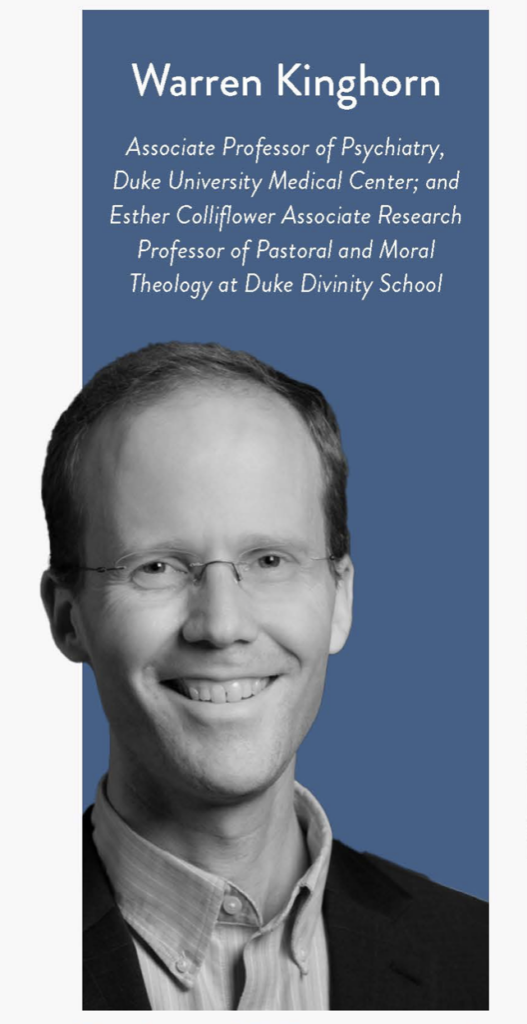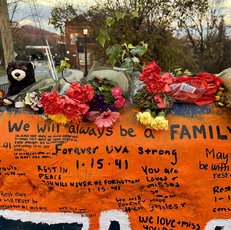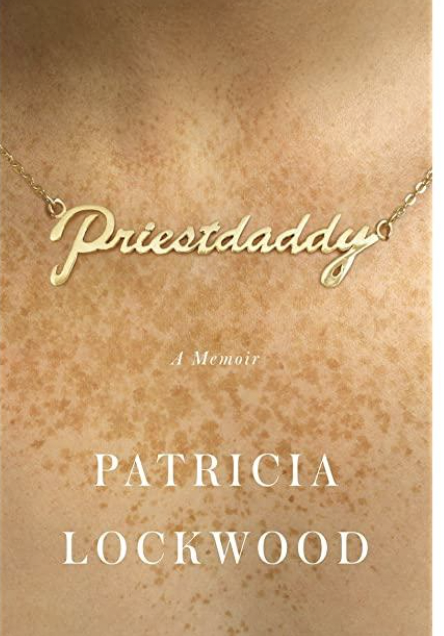This Trinity Forum Reading features Bonhoeffer’s essay “After Ten Years,” in which he takes an unflinching look at the tension between public responsibility and private virtue. Bonhoeffer wrote “After Ten Years” just months before his arrest by the Gestapo. Intended in part to encourage his friends with an account of their time together, “After Ten Years” also answers questions about his own reasoning in deciding to participate in a plot to assassinate Hitler.
Writing to his close friends after years of discouraging and seemingly fruitless resistance to the Nazi regime, growing chaos and danger, and the demoralizing complicity and cowardice of the German church, Bonhoeffer wrestles with the question: in the midst of the deep exhaustion, distorting fear, and disorienting moral confusion that attends resistance to evil, who stands fast? With a provocative and insightful introduction by scholar Charles Marsh, and a new (previously unpublished) translation of Bonhoeffer’s poem “Who Am I?” this Reading delves into the call of moral responsibility, the necessity of community, and the meaning of peace.
Readings are shipping now.
The essay is introduced with a Foreword by Charles Marsh, who is a Commonwealth Professor of Religious Studies and director of the Project on Lived Theology at the University of Virginia. He is the author of numerous books, including God’s Long Summer: Stories of Faith and Civil Rights, which won the 1998 Grawemeyer Award in Religion, and Strange Glory: A Life of Dietrich Bonhoeffer, a PEN award finalist.
You can order your copy today here.
The Project on Lived Theology at the University of Virginia is a research initiative, whose mission is to study the social consequences of theological ideas for the sake of a more just and compassionate world.




